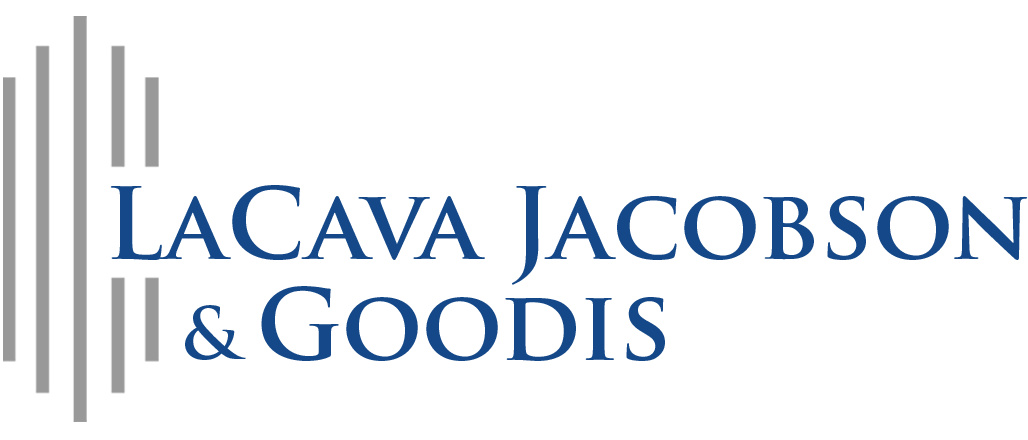Florida Law Weekly – January 11, 2019
Florida Hospital v. Newsholme: 4th DCA
In this medical malpractice case, the 4th DCA reversed the Trial Court’s order allowing the plaintiff to amend the Complaint to assert punitive damages. In doing so, the 4th DCA held that the Trial Court utilized an incorrect legal standard. After a hearing, the Trial Court entered an order acknowledging that, pursuant to Section 768.72(1), Florida Statutes, plaintiff needed to make a reasonable showing by evidence which would provide a reasonable basis for recovery of punitive damages. The Trial Court also stated that it was bound to take plaintiff’s allegations as true, stating, ” [t]he standard of whether a claimant has established a ‘reasonable basis’ for recovery is similar to that of whether a claimant has stated a cause of action.” The 4th DCA noted that in Bistline v. Rogers, 215 So. 3d 607 (Fla. 4th DCA 2017), it held that Section 768.72(1), Florida Statutes, required the Trial Court to act as a gatekeeper and precluded a claim for punitive damage where there was no reasonable evidentiary basis for punitive damages. As explained by the 4th DCA, presenting mere allegations was not enough to warrant amendment. Because the Trial Court did not determine whether the evidence presented satisfied the “reasonable showing” requirement, the Order was quashed.
Wheaton v. Wheaton – Florida Supreme Court
In this case, the Florida Supreme Court held that a proposal for settlement was not subject to the email service provisions of Florida’s Rules of Judicial Administration. As the Florida Supreme Court noted, the Florida Rules of Civil Procedure require that while a proposal shall be served upon a party, the proposal is not filed unless necessary for enforcement. Florida’s service provisions now require service by email. The Florida Supreme Court noted that a notice of proposal for settlement does not require service by email because the proposals themselves are not filed until a party seeks attorney’s fees. All that is required is service of the notice, so that the opposing party is made aware of the proposal. Finally, the Florida Supreme Court noted that failing to comply with email requirements does not render the proposal unenforceable.



 litigation and appeals in all Florida state and federal courts.
litigation and appeals in all Florida state and federal courts.